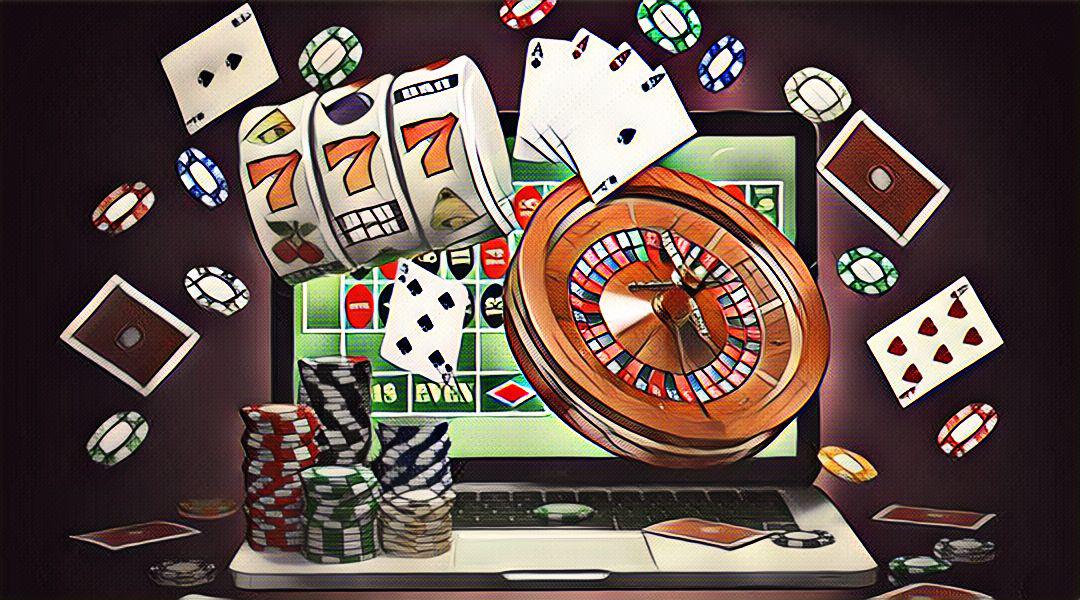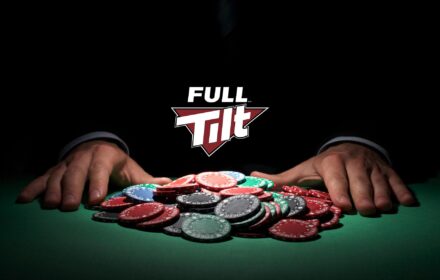What is a casino blacklist? It is a control tool that promotes transparency in the gambling industry. It separates reputable platforms with licenses and certified software from resources where RTP is lowered, payouts are blocked, and verification turns into a way to withhold funds. Monitoring systems and independent auditors compile this list, creating a real barrier between safe gambling and fraud.
What is a casino blacklist and why does it exist
What is a blacklist? It is a systematized database of online casinos caught violating fair play rules, deceiving users, and not complying with licensing standards. This list includes operators ignoring payouts, manipulating random number generators, and operating without transparent regulation.
The registry serves as a filter that separates legal platforms from those where winnings vanish into thin air. According to the Gambling Commission, around 17% of online casinos in 2024 showed signs of dishonesty: delayed payouts, fake bonuses, hidden fees.
Principles of forming a casino blacklist
Independent organizations, auditors, and gambling portals monitor and update such registries. Each operator is evaluated based on dozens of parameters, from license transparency to software correctness.
Factors for inclusion in the blacklist:
- Lack of a license. A casino without a license violates basic gambling principles, excluding control from regulatory authorities.
- RTP violations. Lowered return to player (RTP) rates below 80% instead of the standard 95–97% indicate manipulations in favor of the platform.
- Fake software. The script imitates licensed games but uses counterfeit result generation algorithms.
- Withdrawal blocking. Issues with payouts, canceled requests, imposed wagering requirements, and baseless verification are common signs of scammers.
- Lack of support. Customer support ignores inquiries, fails to resolve disputes, and disregards evidence.
- Fake reviews. Sites where comments are automatically posted create false trust and mask problems.
Each of the listed factors serves as a warning signal, indicating systemic violations and intentional distortion of fair play principles. The presence of at least one point is enough for an operator to be blacklisted and lose the audience’s trust.
How to identify fraudulent online casinos
You can identify a fraudulent online platform by a combination of signs. Lack of a legal address, strange domain registration, weak customer support, aggressive advertising promising “guaranteed wins” are key risk indicators.
Checking ratings, analyzing licenses, and reviews helps avoid financial losses. If an operator hides bonus terms, offers excessive wagering requirements (e.g., x70 instead of the standard x30), it signals potential manipulations.
Dishonest operators exhibit similar behavioral patterns: artificially inflated odds, manipulation of RNG data, hidden withdrawal fees, lack of a license, or registration in offshore jurisdictions without real oversight.
The list of fraudulent operators in the eyes of players serves as a guide where facts of such manipulations are collected. For example, platforms registered in Curacao without valid permits often do not pay out winnings and use unrealistic bonus conditions.
How to check a casino license
You can analyze the legality of a gaming platform through the official regulator’s registry. A legal operator always lists the permit number, issuance date, and jurisdiction. Popular regulators include the Malta Gaming Authority, UKGC, Curacao eGaming. The absence of a verifiable number or a link to a non-existent regulator signifies full risk.
Technological aspects and the role of providers
The quality of software determines the fairness of a platform. Licensed providers like NetEnt, Microgaming, Pragmatic Play use secure algorithms and certified RNGs.
From a technological standpoint, a casino blacklist is a list of operators using outdated software and pirate scripts. For example, fake slots with visually identical interfaces but lowered RTP. The absence of original logos or certificates confirms forgery.
Verification, deposit, and withdrawal of funds
Legal online platforms ensure transparent verification and fast withdrawals. The average identity verification time in certified systems is up to 24 hours. Fraudulent platforms use verification as a tool to block payouts.
In this context, a casino blacklist is a database where operators violating financial transparency standards are recorded. For instance, instant deposit requests but delayed withdrawals for weeks under the pretext of “additional verification.”
Role of reviews and reputation
Reviews shape a brand’s reputation. Independent platforms like AskGamblers and Casino Guru provide archives of real complaints and resolutions. In these systems, a casino blacklist reflects accumulated facts of non-payments, deception, and blocks.
If an operator has over 30% negative reviews and a low trust rating, the risk of losing funds is extremely high.
How to avoid risky casinos
Choosing a platform requires an analytical approach: checking the license, studying bonus terms, testing customer support, and withdrawal speed.
Key security steps:
- analyze the license through the official regulator’s website;
- make a test deposit with a minimal amount;
- check the wagering requirements and withdrawal conditions;
- read real reviews and compare RTP;
- refer to verified lists of legal operators.
By following these recommendations, players minimize the chances of encountering dishonest platforms. This approach helps choose a truly reliable casino where all processes are transparent and regulated by authorities.
Conclusions
The list of questionable gaming platforms has become a necessary element of a mature gambling market. It fosters a culture of responsibility and reduces the number of scams. Thanks to regular rating updates and the availability of public data, users can play safely and transparently.
A casino blacklist is not just a database but a working mechanism protecting capital, reputation, and trust in the industry.
 en
en  ru
ru  de
de  ar
ar  es
es  nl
nl  hi
hi  fr
fr  it
it  pt
pt  el
el 
